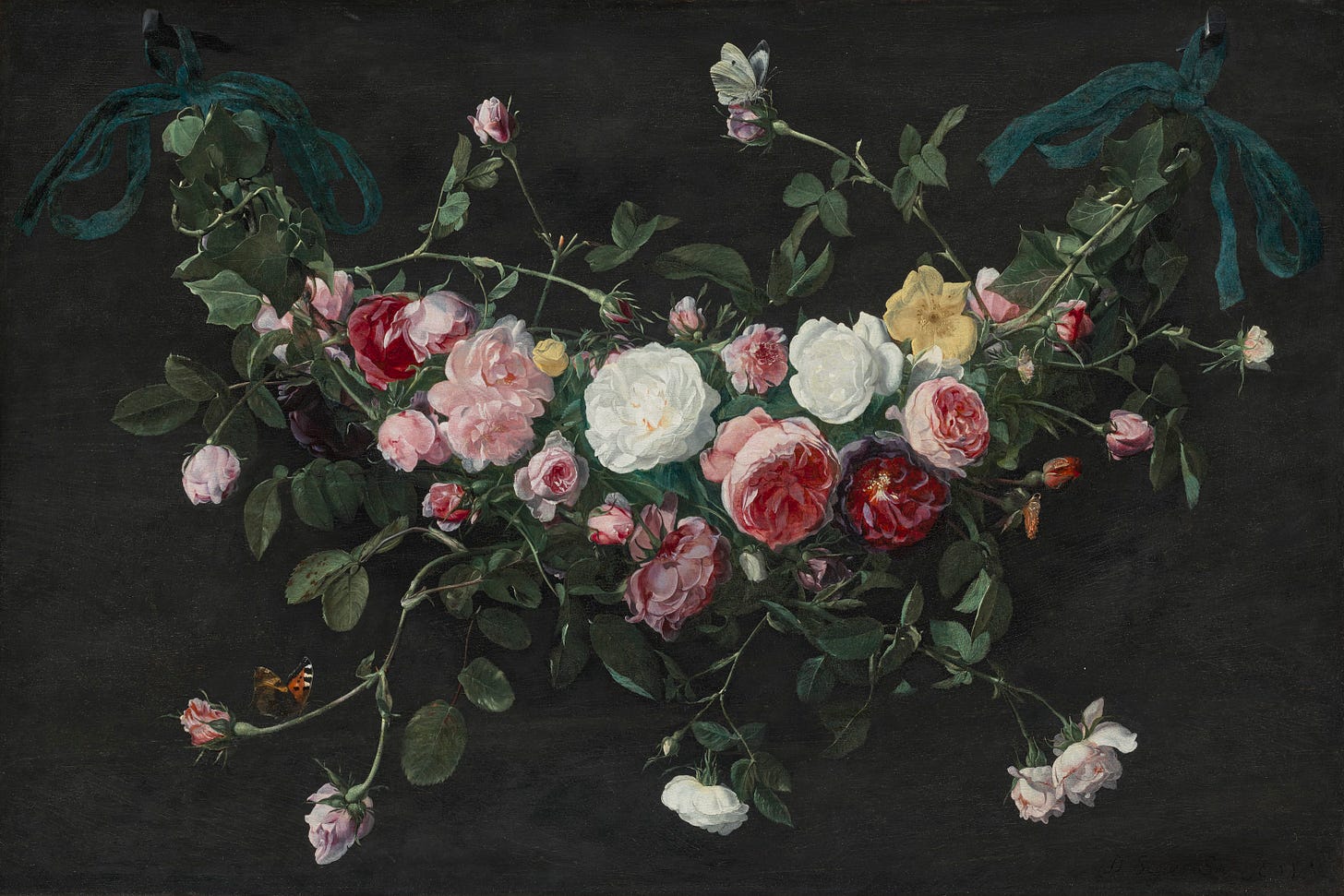
There was a time (a long time, from the beginning of the sixteenth century to roughly the middle of the twentieth) in which an educated English speaker was generally expected to be able to compose a rhymed and metered poem. Nothing great was expected of these compositions. It’s just that part of being educated, having a college or even a high-school degree, was the capacity to write some verse whenever a stray morbid or romantic thought demanded the deep feeling of poetry. Or when a comic idea came to mind. Or when a public occasion — a friend’s birthday, a niece’s wedding, a co-worker’s retirement — needed a public comment.
This was something a little different from the poetry produced by poets who were best known for writings other than poetry. John Updike, for example, wrote poems his entire professional life but complained that his verses were never taken as seriously as his novels. Though T…
Keep reading with a 7-day free trial
Subscribe to Poems Ancient and Modern to keep reading this post and get 7 days of free access to the full post archives.



